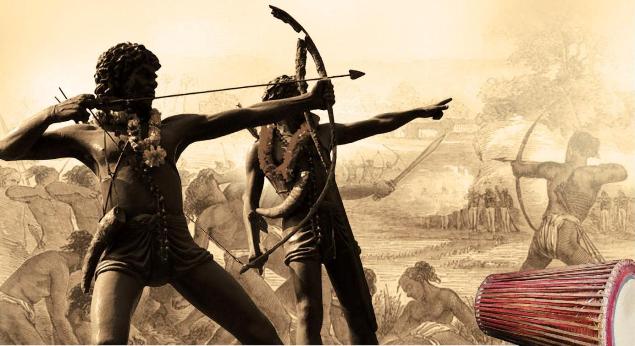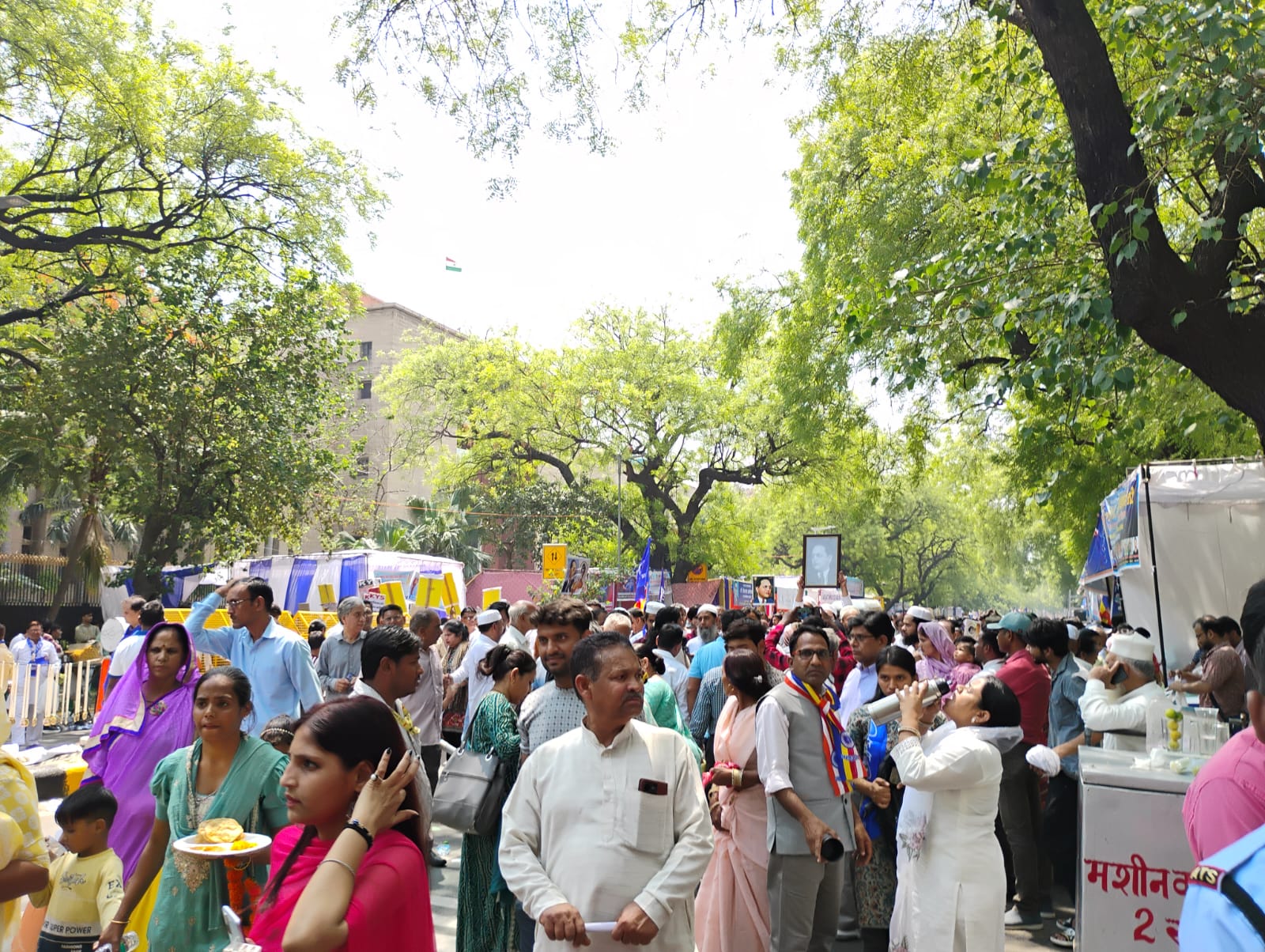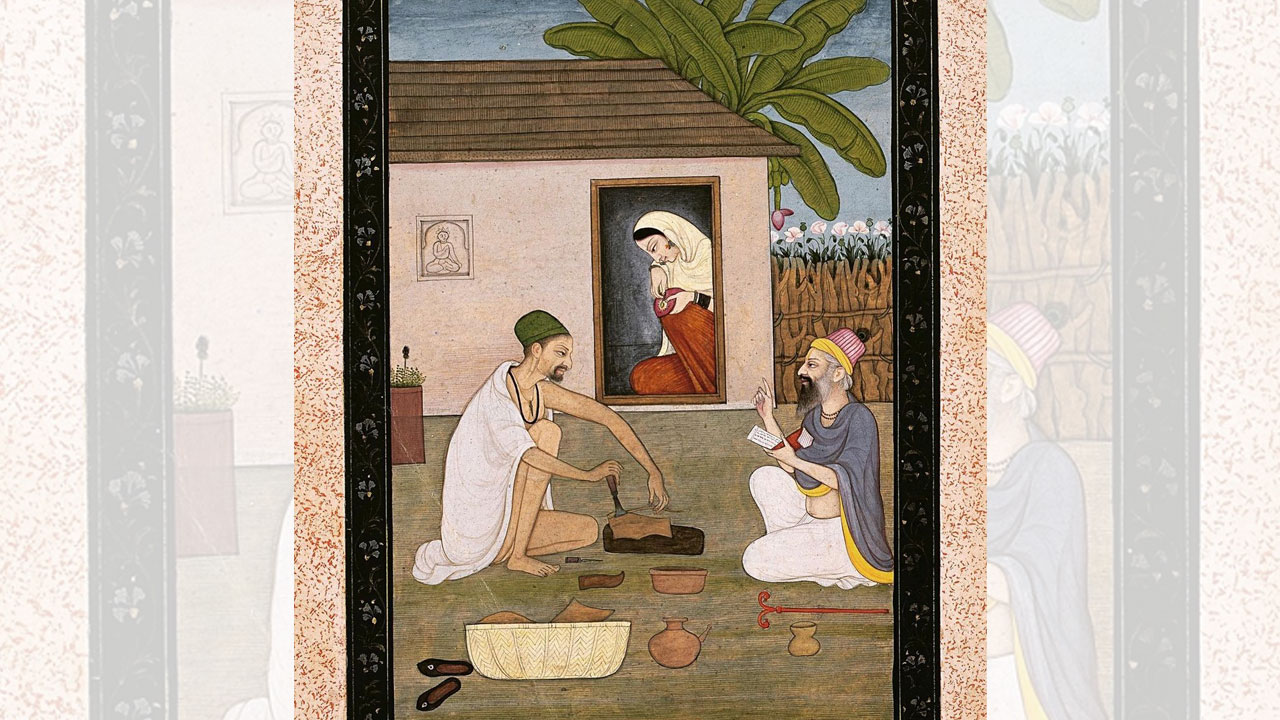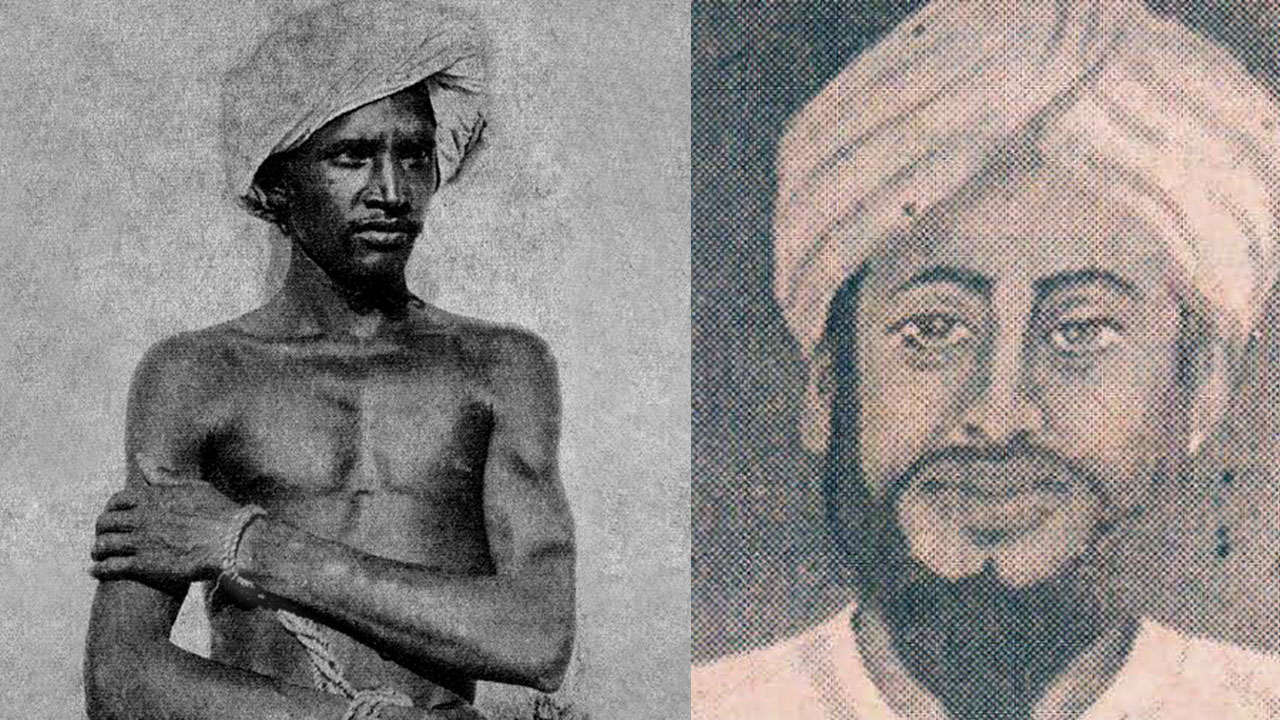Born on 22 August 1923 in Kanpur, Uttar Pradesh, Ramswaroop Verma was drawn to socialist principles from his student days. So, when active politics beckoned, he joined the Socialist Party and became an MLA. He went on to become finance minister in Chaudhary Charan Singh’s Uttar Pradesh government in 1967. He established the Arjak Sangh in 1968 and launched the Bahujan magazine Arjak on 1 June the same year.
It was not the first magazine with the Bahujan theme. Several attempts were made earlier, including Chandrika Prasad Jigyasu’s Kalwar Sandesh. But those attempts were limited and were mostly monthly magazines. Arjak was a weekly.
READ THE FULL ARTICLE HERE: Ramswaroop Verma’s contribution to Bahujan renaissance





